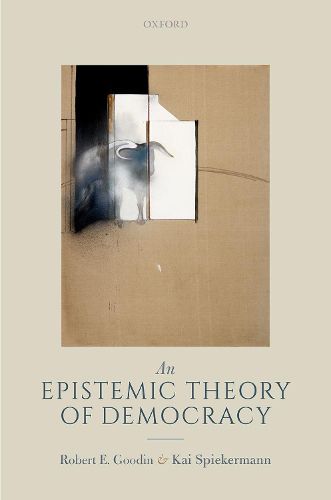Readings Newsletter
Become a Readings Member to make your shopping experience even easier.
Sign in or sign up for free!
You’re not far away from qualifying for FREE standard shipping within Australia
You’ve qualified for FREE standard shipping within Australia
The cart is loading…






Among the many attractive features of democracy is its tendency to track the truth, at least under certain idealized assumptions. That basic result has been known since 1785, when Condorcet published his famous Jury Theorem, but its assumptions have been regarded as too restrictive to apply to the real world. In An Epistemic Theory of Democracy, Goodin and Spiekermann show that those assumptions can be substantially weakened while preserving those same truth-tracking properties. They discuss different ways of making the theorem genuinely applicable to the real world, and use the theorem to assess how various familiar political institutions and practices might best take advantage of the truth tracking potential of majoritarian democracy. The book concludes with a discussion of how epistemic democracy might be undermined, as illustrated by the Trump and Brexit campaigns.
$9.00 standard shipping within Australia
FREE standard shipping within Australia for orders over $100.00
Express & International shipping calculated at checkout
Among the many attractive features of democracy is its tendency to track the truth, at least under certain idealized assumptions. That basic result has been known since 1785, when Condorcet published his famous Jury Theorem, but its assumptions have been regarded as too restrictive to apply to the real world. In An Epistemic Theory of Democracy, Goodin and Spiekermann show that those assumptions can be substantially weakened while preserving those same truth-tracking properties. They discuss different ways of making the theorem genuinely applicable to the real world, and use the theorem to assess how various familiar political institutions and practices might best take advantage of the truth tracking potential of majoritarian democracy. The book concludes with a discussion of how epistemic democracy might be undermined, as illustrated by the Trump and Brexit campaigns.